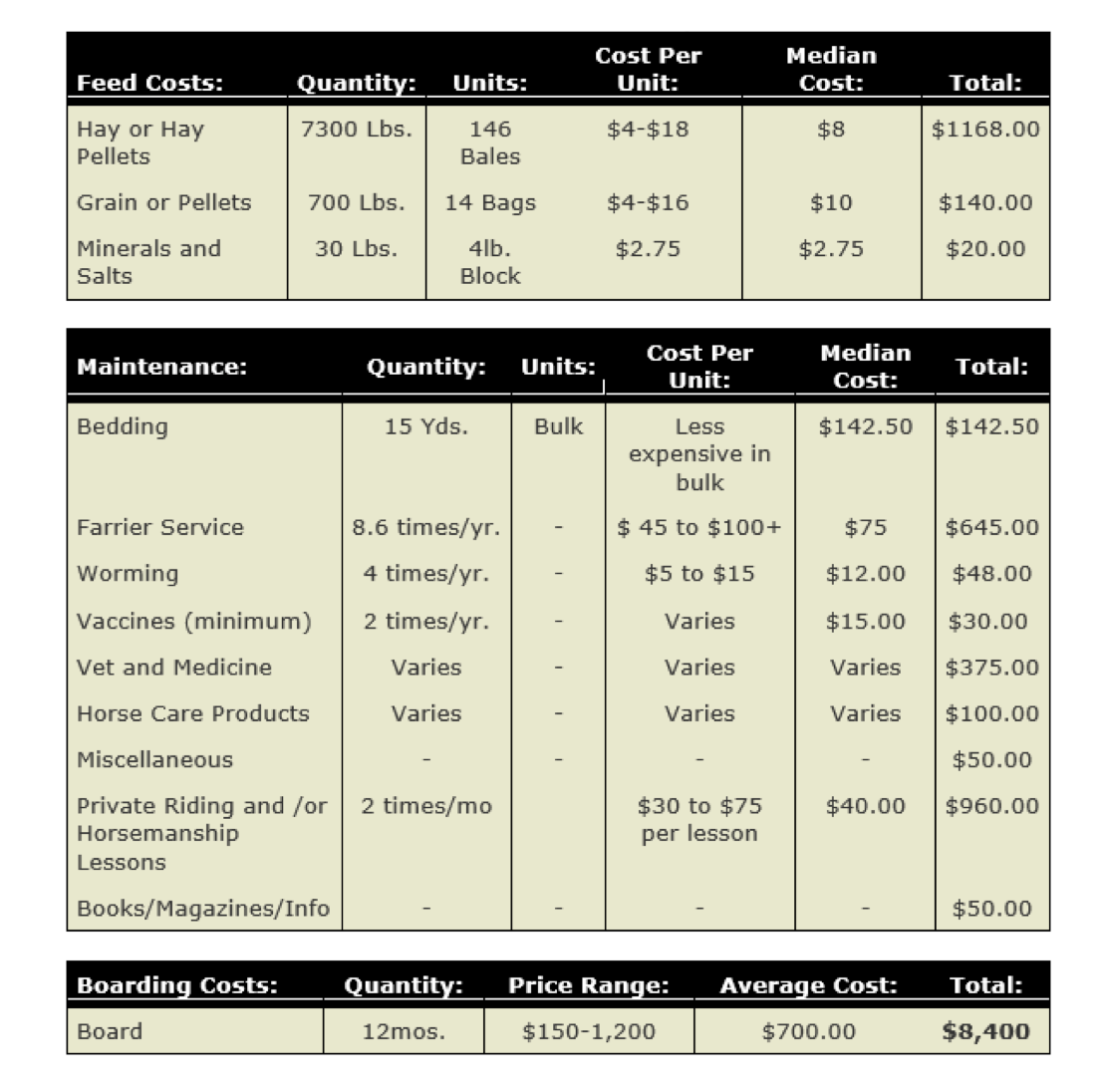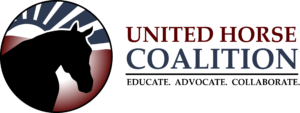Adapted with permission from a story on the United Horse Coalition website
Did you know? There is an estimated 2 million horse owners in the United States and a total of 7.1 million Americans are involved in the industry as owners, service providers, employees and volunteers. (American Horse Council 2017 Economic Impact Study.)
Why do I want to own a horse?
There is no right answer, but understanding your true motivations for owning a horse will help you deter- mine if there might be better options available. Do you want a horse for recreation or showing? Do you want one because your friends have one or because you’ve dreamed of owning a horse as a kid? Are you trying to earn money by breeding or racing? Do you want to save a horse in need? Should you consider leasing, lessons, 4H, fostering, or volunteering first?
How long do I plan to own my horse?
Many horses live for 20 years and some live more than 30. If you cannot make a 20-year commitment to a horse, you should know all the options and have a plan in place should you no longer be able to take care for your horse.
Will I need to relocate for any reason?
Moving with a dog or cat usually isn’t too difficult, but
moving an animal that weighs 1,000 pounds can be. If
your lifestyle requires multiple relocations, be prepared for the expense and logistics of moving a horse.
Is the horse for a child?
If yes, what will I do with the horse when my child leaves home? What will happen if my child outgrows the horse? Consider what will happen to the horse when your child leaves for college or moves out of the house. Will the horse be left at home? Will there be someone to take care of it? If your child is close to an age that he or she may leave home soon or his or her interests might change, leasing is a good option.
Do I have the knowledge and skills needed to care for all the horse’s needs?
Despite the countless books, magazines, and websites available with tips and ideas for managing your horse, there is a set of knowledge and skills that you must have to care for a horse on your own property. In fact, many rescues and breeders will require that first-time horse owners board the horse at a site with knowledgeable staff. Seeking professional help from your veterinarian, farrier, and trainer is always in the best interest of the horse.
What will I do if the horse becomes sick or injured?
Illness and injury are more common with horses than most people realize. Some illnesses and injuries can be rem- edied with simple steps, and some can be career or life-ending. Few owners are equipped to handle a sick or injured horse on their own, and the best course of action is to contact your veterinarian. Be prepared to provide sometimes lengthy follow-up treatments or pay a knowledgeable horse person (e.g. barn manager) to help you. It is also important to have money set aside in the event of a medical emergency as veterinary emergencies can be costly depending on the situation.
The initial cost of purchasing or adopting a horse is only a small portion of what goes into the financial responsibility of Horse Ownership.

This article is brought to you by the United Horse Council. Click their logo below to see more resources for new, current and future horse owners!







